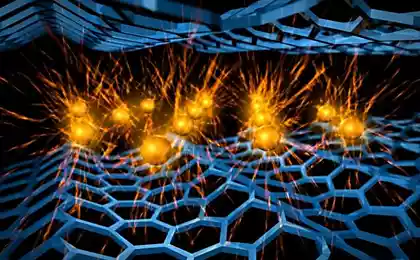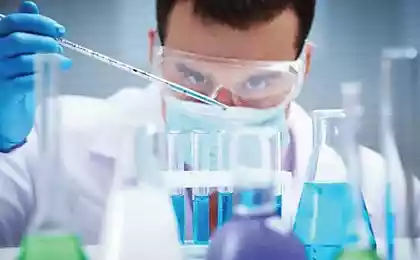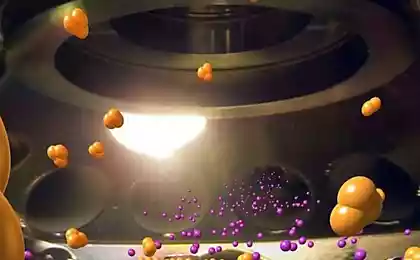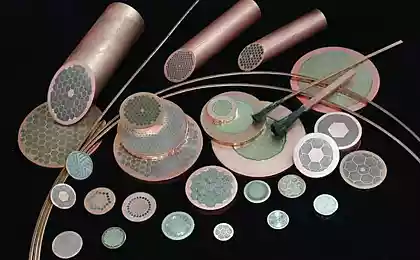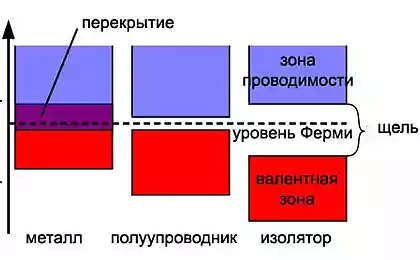841
Smelly superconductor operates at a temperature of -70 ° C
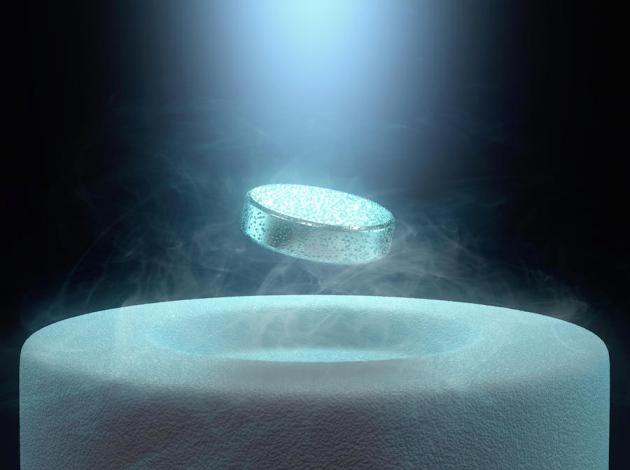
Учёные achieved superconductivity at a record high temperature of 203 K, or -70 ° C. To do this, they used the H 2 sub> S - sulfide , known to us, in particular, by the smell of rotten eggs. The catch is that this gas becomes superconducting, just being compressed to enormous pressure of 100 GPa.
Scientists from the Max Planck Institute of Chemistry in Germany (Michael Eremetts (Mikhail Eremets), Alexander Drozdov (Alexander Drozdov) and others) had to construct a special cell to achieve similar pressures. Compression it is provided with two diamond and the electrodes are made of titanium with a gold coating.
Solid-state physics has long been trying to create a superconductor that works at room temperature. Such material will be able to give an impetus to a new round of technological progress. Unfortunately, finding a suitable material has proved very difficult.
Prior experiments have shown good results sulfide copper-based superconductors, which operate at temperatures of about 133 K at atmospheric pressure to reach temperatures of 164 K under high. But all theoretical calculations indicate that it would be an ideal metal superconductor obtained from hydrogen. Unfortunately, this metal is extremely difficult to obtain. But you can try to get the metal-based hydrogen compounds.
At this stage of the research is slightly ahead of the theory of practice - it is not clear what is going on in a tiny piece of the sample is subjected to the pressure of the giant. Perhaps, H 2 sub> S is converted into H 3 sub> S. But he definitely turns into a superconductor. In experiments in 2014 with hydrogen sulfide team of scientists was able to reach a temperature of 190 K, now this figure rose 13 degrees - up to 203 K.
Naturally, about any practical applications of this experiment is still too early to say. Temperatures at -70 ° C are found on the planet in a natural environment, but the pressure of 100 hPa is outside the actual technology. Nevertheless, the fact that the attainability of these temperature readings inspired scientists to new searches and experiments. Candidates for the next compound with hydrogen in the quest for the perfect superconductor - is platinum, potassium, selenium and tellurium.
Source: geektimes.ru/post/260472/
Mangalyaan sent detailed images of the Martian surface
The Earth has warmed up to the maximum level in 4000 years
